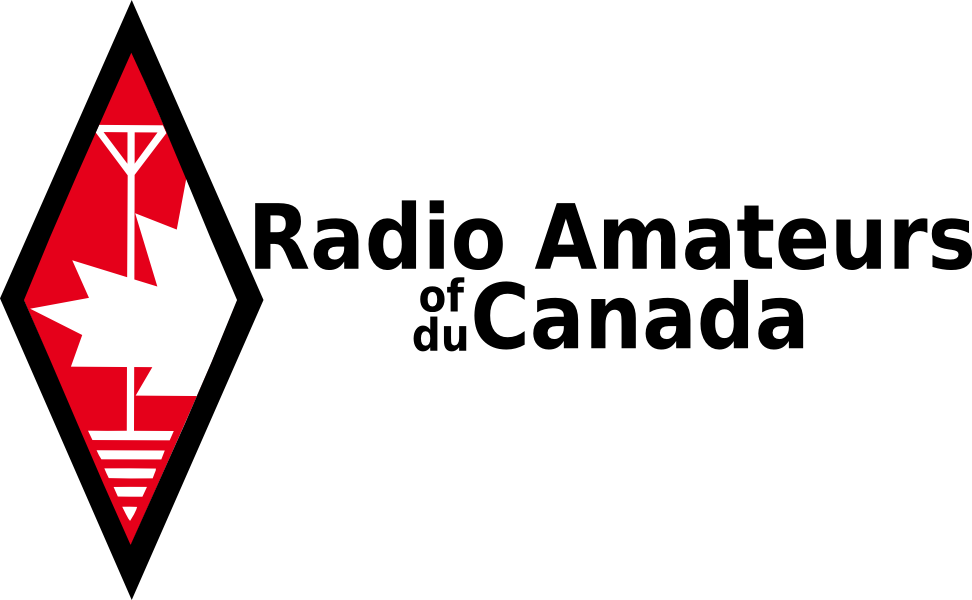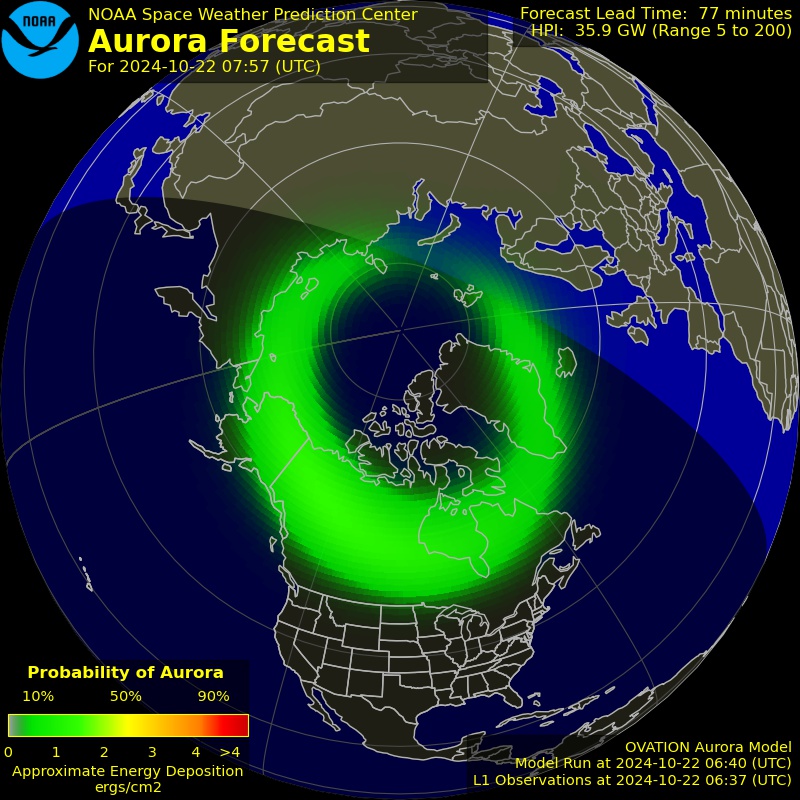Featured Items
RAC Basic Qualification Amateur Radio Course: Winter 2026
- Details
- Category: Training
- Hits: 323
Course Information:
The course will again be conducted with the assistance of the Annapolis Valley Amateur Radio Club (AVARC) of Nova Scotia.
This course prepares students for the Innovation, Science and Economic Development Canada (ISED) Basic Qualification Level Operator Certificate exam to operate on allocated Amateur Radio frequencies.
It is open to everyone across Canada and even abroad. Classes will be recorded, so occasional absences are not a problem.
Course Syllabus: https://www.rac.ca/mivahih/2026/01/RAC_Basic_Online_Course_2026.pdf
Schedule and Cost:
Date: The course will be held on Thursdays and Sundays commencing on Thursday, February 19 and ending on Sunday, April 26.
Time: Classes will be held on Thursday evenings from 6 pm to 9 pm (1800 – 2100) Eastern Time and Sunday afternoons 1 pm to 4 pm (1300 – 1600) Eastern Time. There may also be a handful of additional classes if necessary.
Cost: The registration fee for the course is $50 plus GST/HST. The cost of the Basic Study Guide is extra and an order link will be provided upon completion of payment.
Read more: RAC Basic Qualification Amateur Radio Course: Winter 2026
HAM Radio Asserting Canadian Sovereignty - What AI says...
- Details
- Category: Civil Defence
- Hits: 1744
RAC Response to Proposal to US FCC about Satellites
- Details
- Category: Public Information
- Hits: 2692

For immediate release
July 25, 2025 – Ottawa, Ontario, Canada
Radio Amateurs of Canada (RAC) has taken note of the concerns raised by Canadian and international Amateurs regarding a proposal submitted to the US Federal Communications Commission (FCC) by AST, a US-based company.
The proposal seeks limited authorization to use the 430 MHz to 440 MHz spectrum – including other non-Amateur bands – for satellite telemetry, tracking and control (TT&C) functions during unspecified emergency scenarios.
Read more: RAC Response to Proposal to US FCC about Satellites
WordPerfect on Linux
- Details
- Category: Technical Notes
- Hits: 2103
Retrofuturism - Anachronistic Technology and HAM Radio

The figure above may seem rather silly. It shows WordPerfect 8.0 for UNIX running - roughly the equivalent of WordPerfect 4.2 for MSDOS - mid to late 1980s. WordPerfect 6.0 for MSDOS is shown running in the DOSBOX, an emulator for MSDOS - late 1990s). Finally WordPerfect X.13 is shown running in a virtual machine that is running Windows 7. All of these are running under Linux Mint 21.x. The laptop on which they are running is an old ASUS X55U, with motherboard manufactured in 2013.
Aurora Borealis
- Details
- Category: Technical Notes
- Hits: 3069
What is the Aurora?

The aurora borealis or Northern Lights is an atmospheric phenomenon that occurs in the northern hemisphere of the planet. It also occurs in the southern hemisphere where it is known as the aurora australis. Aurora are known to exist on comets, brown dwarfs, other planets and on some moons. Aurora are caused by solar wind interacting with magnetic fields and atmospheric particles. Atmospheric particles become energized and form what is known as plasma. Plasma is energized or ionized gas. It is the fourth state of matter and has been so identified since about 1972. Yes, your high school teachers who taught you the three states of matter were...well...not current in their physics. You see plasma every day when you see the sun, an operating fluorescent light or an operating neon light.


